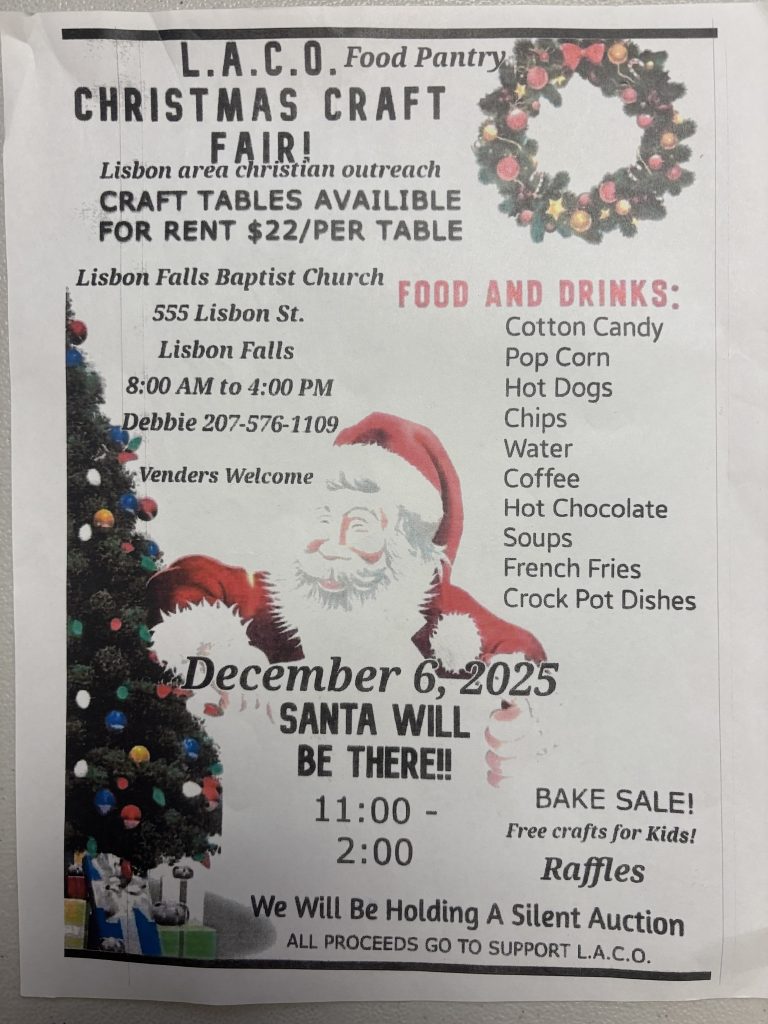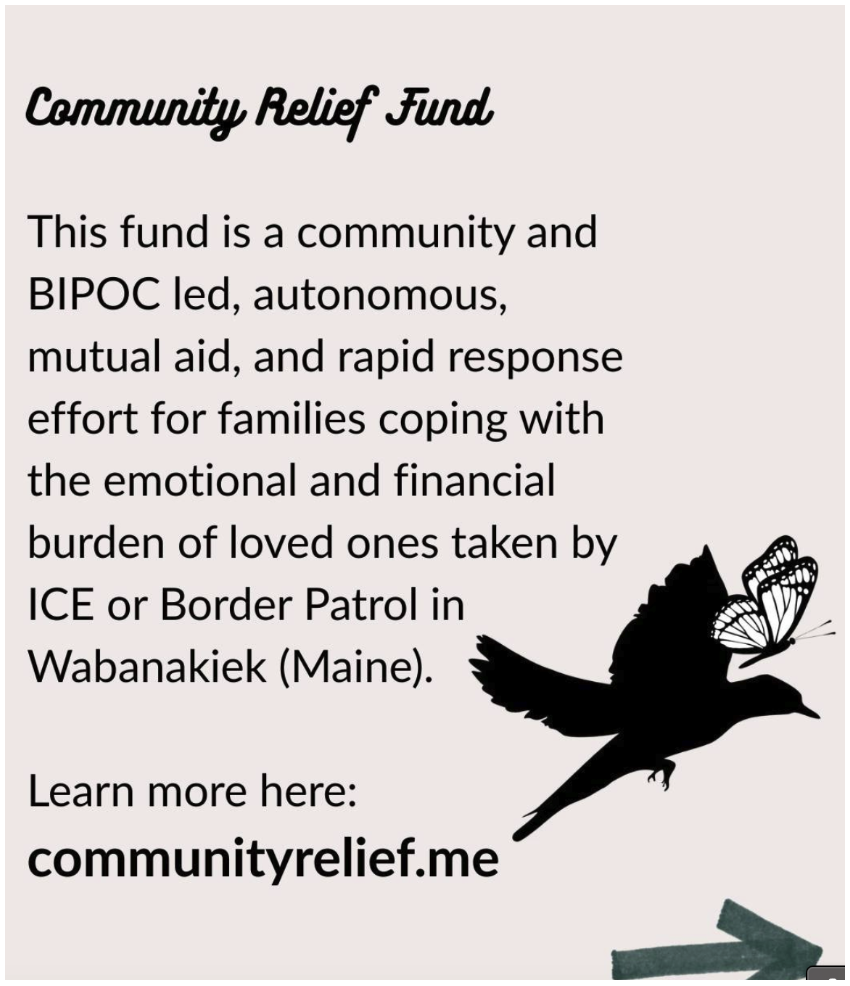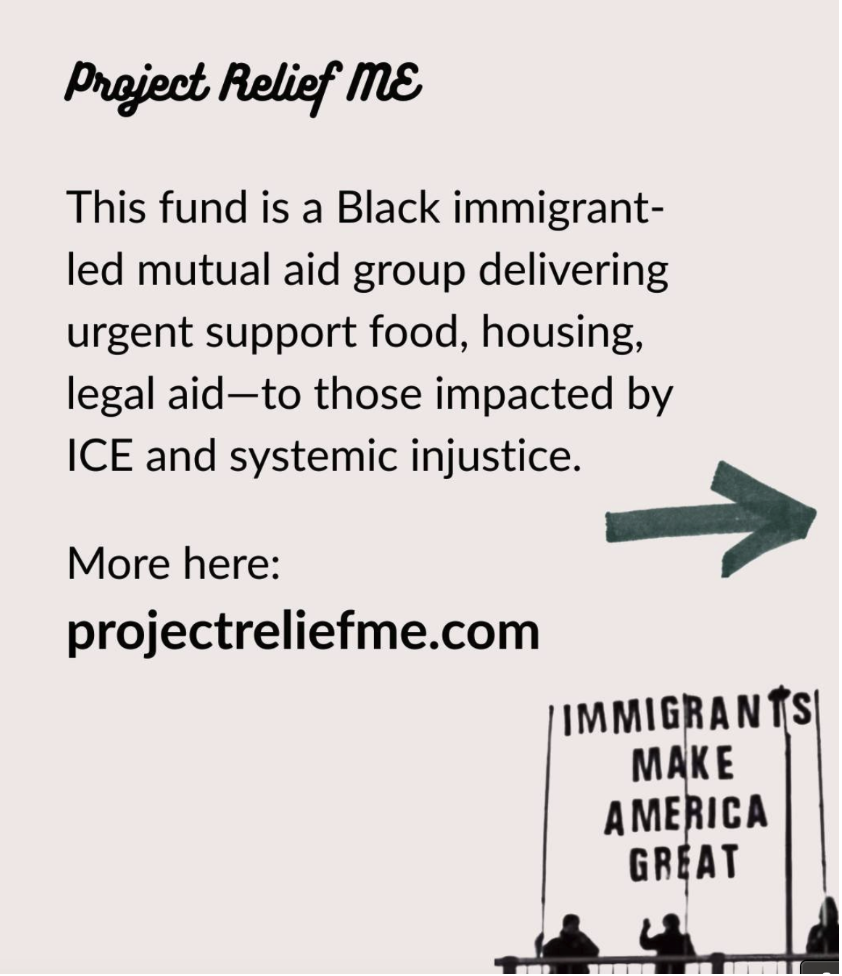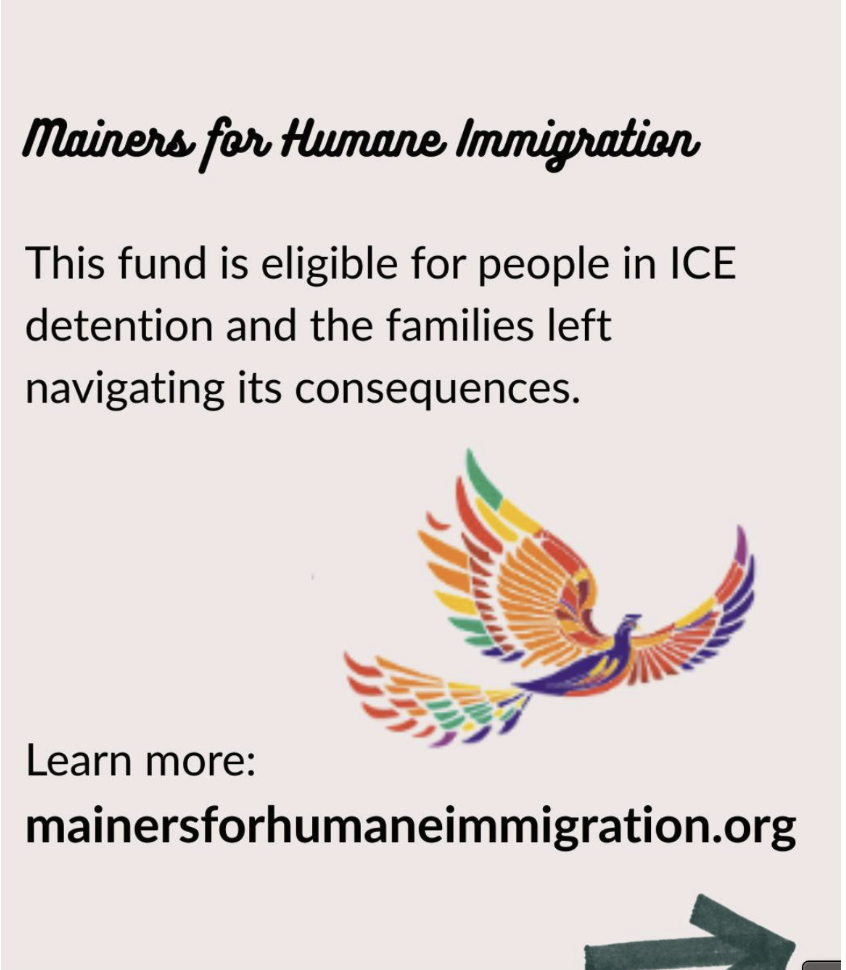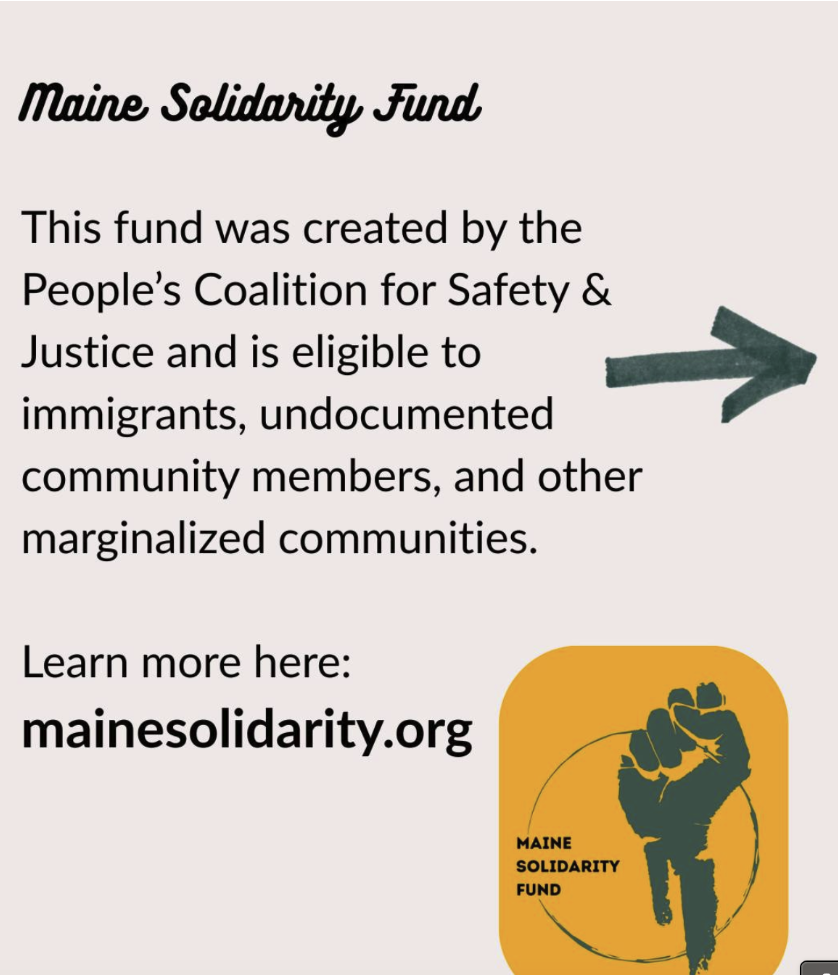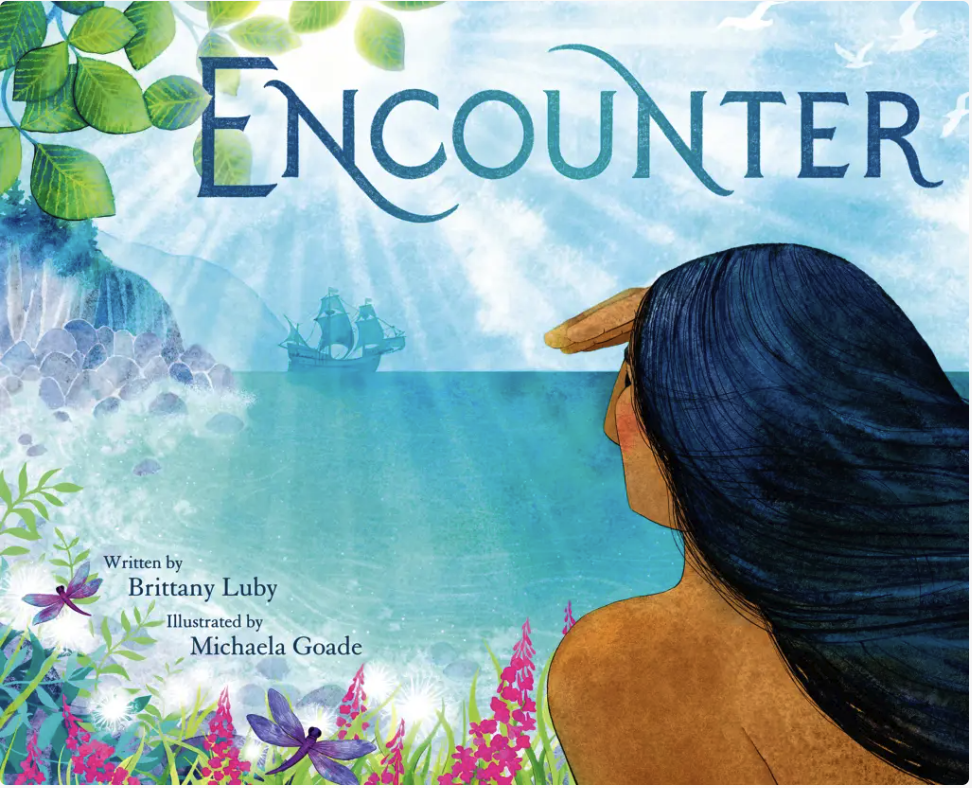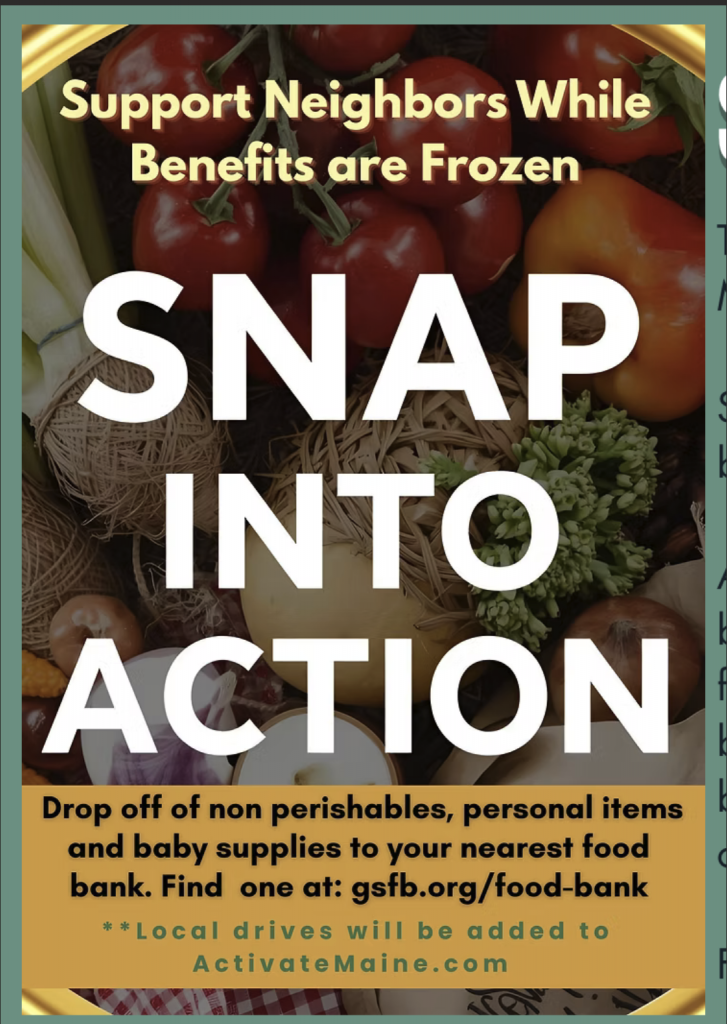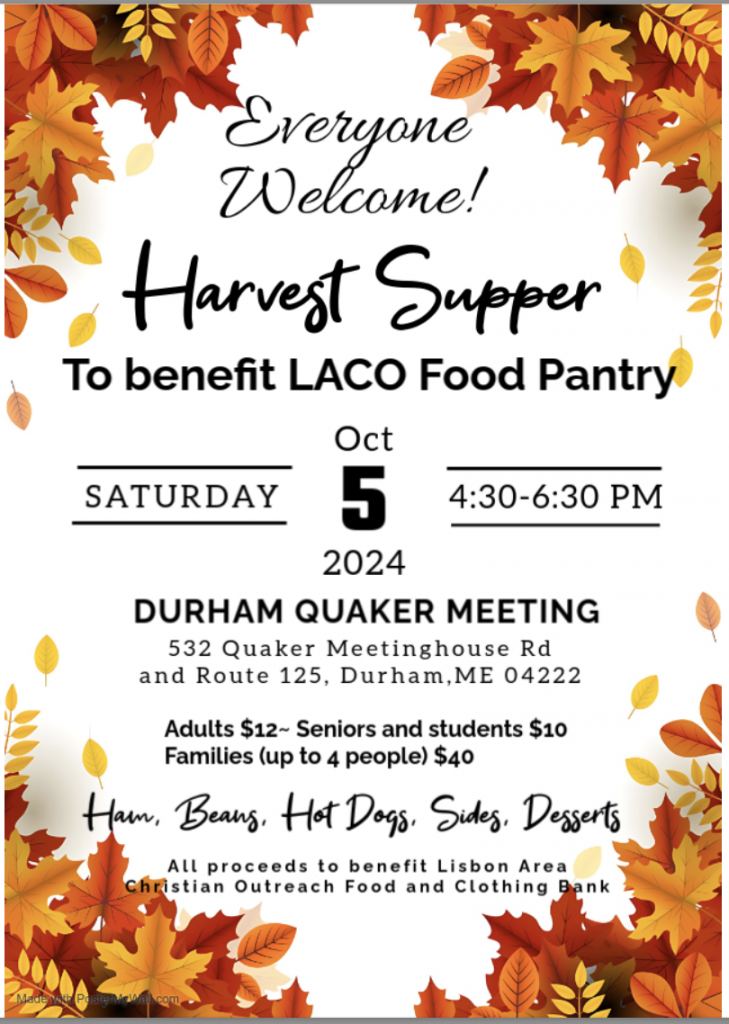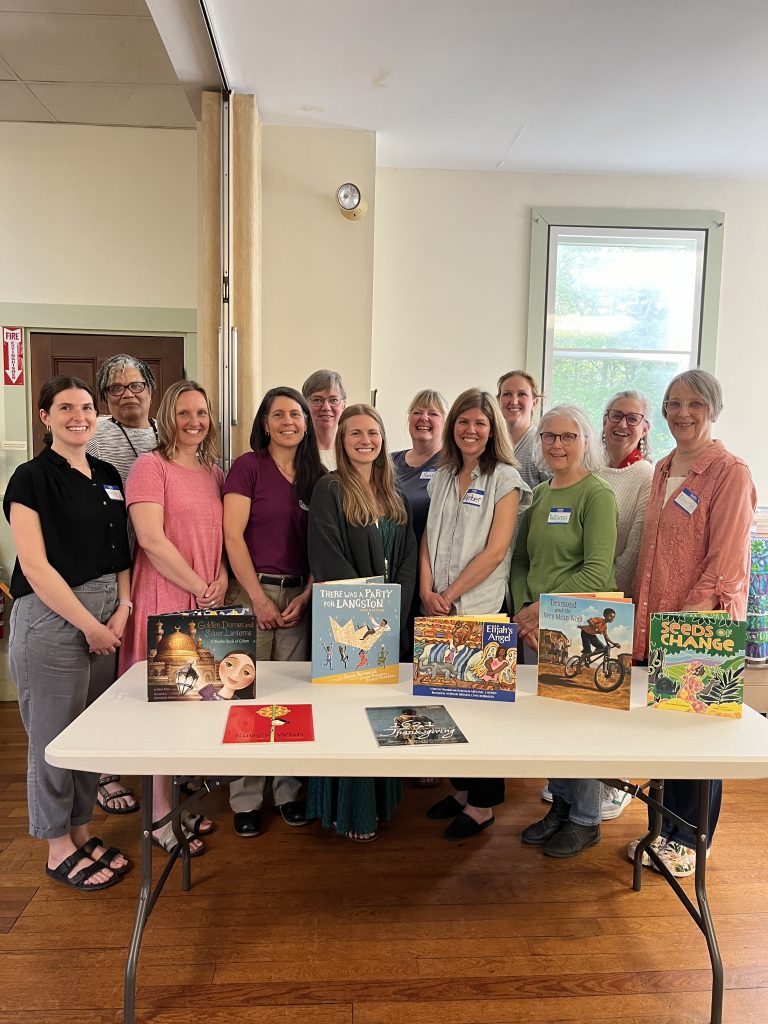Friends Committee on National Legislation is beginning its next round of setting its legislative priorities. Each Quaker Meeting is invited to participate in the process. Below is a letter sent to all Quaker Meetings about this opportunity. Following it is a summary of the process FCNL follows.
Durham Friends Meeting will hold its discernment discussion on Sunday, April 12, 2026, 11:45 to 1:45 pm.
Invitational Letter to Quaker Meetings: January 1, 2026 Dear Friends,
On behalf of the General Committee of FCNL, we invite you to engage your meeting or church in worship and discernment about our legislative priorities for the 120th Congress, which begins in January 2027. From its inception, the Friends Committee on National Legislation has relied on meetings and churches to ground our work in the concerns of Friends. Our process of asking Friends to consider, every two years, which issues should be the focus of their lobbying organization in Washington, DC, connects our advocacy strongly to the testimonies and values of Friends. As your meeting, church, or other Friends group takes part in this priorities-setting process, please first review FCNL’s policy statement, The World We Seek, available at https://www.fcnl.org/LegislativeStatement. Your discernment on which specific issues are rising to the priority level provides guidance to FCNL staff on where to focus their lobbying attention for the next two years. The following questions can then guide your identification of the issues of greatest importance to you. • How are Friends called to influence our government today? • What issues should be the priority for our advocacy efforts? • Where is the Spirit leading us? The enclosed documents, Guidelines for Participating in the Priorities Process, and FCNL’s website, fcnl.org/priorities, provide information and materials to guide you. Please submit the outcome of your discernment no later than April 17, 2026. Participation of Friends in meetings and churches across the country is essential to making our Quaker lobby who and what we are — from the issues we work on to the way we focus on building relationships and looking for that of God in everyone we talk with. In politics today, the kind of approach that FCNL takes is increasingly important and increasingly rare. We know that it makes a difference, but we can’t do it without you. The Policy Committee is ready to support you if further guidance is needed. Requests for help can be directed to Noell Krughoff (nkrughoff@gmail.com; (317) 512-1091) or Scot Drysdale (scotdrysdale47@gmail.com; (603) 643-3989). Additionally, on February 12, 2026, from p.m. Eastern, we will be hosting a call to answer questions, connect you with others leading this process, and ensure you are prepared to share your group’s priorities by April 17.
Understanding the Process: Setting Legislative Priorities
1. Nationwide Quaker Discernment
Every two years, FCNL asks Friends and their meetings, churches, and other groups all over the country to discern which public policy issues they feel are most pressing for the next Congress. These groups highlight legislative priorities from the many topics and questions identified in FCNL’s Policy Statement, “The World We Seek.”
2. Policy Committee
Next, the 13-member FCNL Policy Committee, appointed by the 200 Friends on General Committee, reads all the responses and meets together to consider what meetings, churches, groups, and individuals are telling FCNL.
For each concern raised, the committee considers how that area is supported in the FCNL Policy Statement and the historic leadings of Friends. The committee also considers the capacity of staff, the financial resources of FCNL, and the potential role of FCNL and other groups working on the issues. Finally, the committee considers whether a chosen issue is likely to come before the upcoming Congress.
The committee makes difficult choices among the many advances we would all like to make toward the World We Seek, knowing that if we try to do everything, we will do nothing well.
3. General Committee at Annual Meeting
The Policy Committee brings its recommendation to the FCNL General Committee meeting for final discernment in the November Annual Meeting. The General Committee may choose to accept the recommended priorities or ask for further modifications. Throughout the discussion, however, the priorities discerned by Friends across the country remain at the center of the Committee’s consideration.

